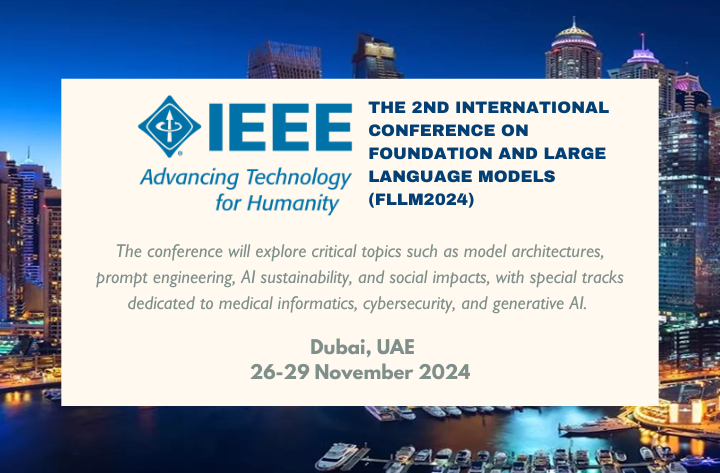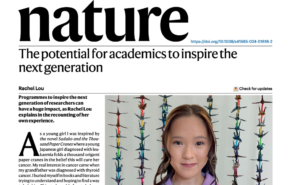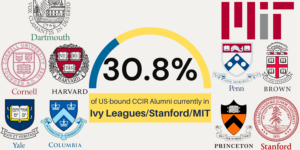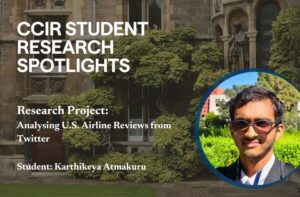
At Hillsborough High School in the United States, Tarun Mahesh has already begun to make a name for himself in both academic and research circles. His exceptional accomplishments reflect a blend of talent, hard work, and dedication, especially in STEM fields.
Science Olympiad Success
One of Tarun’s notable achievements includes securing 28th place out of 76 participants in the Bridge event at the prestigious MIT Invitational for Science Olympiad. His outstanding performance did not stop there. In the 8th grade, he earned 2nd place in the State Competition for the Machines event, a significant feat in the highly competitive Science Olympiad arena.
Research Experiences
Tarun’s passion for science extends beyond competitions. His research experience is already impressive for someone of his age. At the Brain Imaging and Computation Lab, he worked on machine learning techniques for disease prediction, focusing on heart disease and Alzheimer’s. This research contributes to critical advancements in healthcare, aiming to improve early detection and outcomes for these prevalent conditions.
He also serves as a web developer for the Ramamurthi Lab at Lehigh University, where he is leveraging his expertise in HTML, CSS, and Javascript to design an appealing and user-friendly website. His work in developing this platform helps showcase the lab’s members and their groundbreaking achievements.
Research Achievement
Recently, Tarun reached an exciting new milestone in his academic career. His research paper, “Analyzing the Racial Bias of ChatGPT-4,” was accepted for presentation at the prestigious 2nd International Conference on Foundation and Large Language Models (FLLM 2024), sponsored by IEEE. This conference, to be held from November 26-29, 2024, in Dubai, is a significant global event focusing on the evolving landscape of Foundation Models (FMs) and Large Language Models (LLMs), like ChatGPT. The conference will explore critical topics such as model architectures, prompt engineering, AI sustainability, and social impacts, with special tracks dedicated to medical informatics, cybersecurity, and generative AI.
The conference encourages the submission of original research papers, posters, and demos, all of which will undergo peer review. Accepted papers will be published in the IEEE Xplore library, providing a valuable platform for researchers to share their findings with the global academic community.
Tarun conducted his research at CCIR Academy, where he provided a thorough examination of how racial and gender biases manifest in ChatGPT-4’s outputs. Using a novel method to quantify these biases, his research analyses binary responses from the model and visualises patterns of disparities. Importantly, the study goes beyond identifying the problem; it also explores the root causes and proposes solutions to reduce these biases, making large language models fairer and more responsible.
Congratulations to Tarun for this outstanding achievement!





